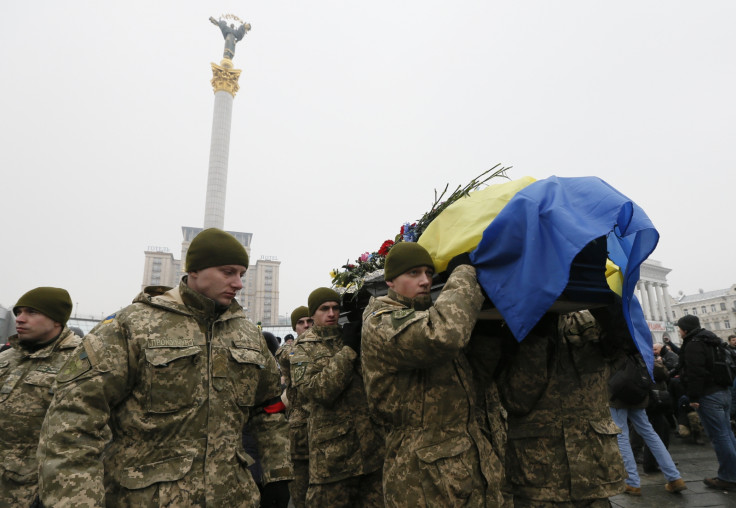NATO cancels meeting with Kiev and urges Russia to 'use its influence' to end Ukraine violence
Jens Stoltenberg's comments come after renewed violence in government-controlled town Avdiivka.
The secretary-general of NATO has urged Russia to exert its influence to end fighting in Ukraine, in a plea that came hours after a meeting between the alliance and Kiev was cancelled out of fears of provoking Moscow.
Nato chief Jens Stoltenberg said: "We call for an immediate return to the ceasefire. We call on Russia to use its considerable influence over the separatists to bring the violence to an end."
His comments came after NATO called off a meeting with Ukraine to discuss its missile defence system.
A NATO diplomat had told the Wall Street Journal that the alliance did not want to provoke Russia and that "there is some political sensitivity in the engagement of Ukraine because obviously that could fuel an overreaction by the Russians".
Meanwhile, Ukraine's government said two of its troops had died and 10 were wounded overnight on Wednesday (1 February) in the government-controlled town of Avdiivka near rebel-held Donetsk. Salvos from multiple grenade launchers were heard during the night, according to the Associated Press.
Analysts point to a connection in the increase in hostilities in eastern Ukraine following a phone call between US president Donald Trump and his Russian counterpart Vladimir Putin, amid speculation of a Washington pivot towards Moscow, which is backing the rebels.
Kiev fears that Trump may ease sanctions on Russia, thus emboldening Putin's hand in the east of the country.
Ukraine's president Petro Poroshenko said there would be a referendum on joining NATO, telling the German daily newspaper Berliner Morgenpost that 54% of Ukrainians favoured membership, compared with only 16% four years ago.
"As president, I am guided by the views of my people, and I will hold a referendum on the issue of Nato membership," he said.
Membership of the alliance is unlikely for Ukraine, given there is an unresolved conflict and the annexation of Crimea means there is a disputed territory within its borders. Last year, during its summit in Warsaw, Stoltenberg said that the question of membership for Ukraine was "not currently on the agenda".
Former NATO commander General Sir Richard Shirreff said in January that the conflict in Ukraine could not be solved from a collective effort by the alliance, rather that it was up to individual nations to offer bilateral military support.
Representatives from Ukraine, Russia and the OSCE met in Minsk on Wednesday (1 February) and urged both sides to stick to the ceasefire deal that had been agreed in an accord struck in the Belarussian capital in February 2015.

© Copyright IBTimes 2025. All rights reserved.






















